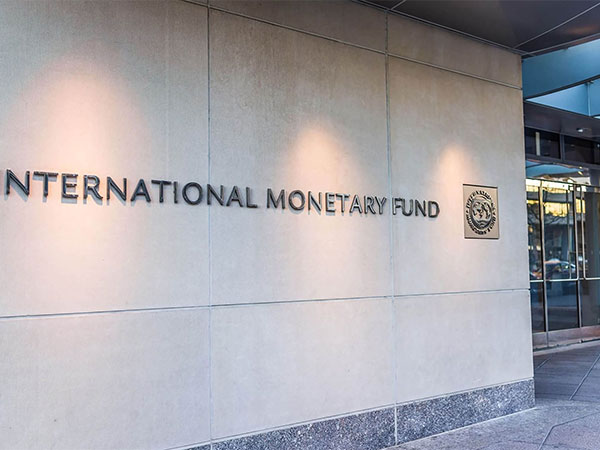Islamabad [Pakistan], November 12 (ANI): The International Monetary Fund (IMF) has expressed concerns about Pakistan’s ability to address the dual challenges of declining electricity demand due to rising solar panel installations and surplus imported gas driven by weak economic demand.
The issues were discussed during the initial talks aimed at safeguarding Pakistan’s USD 7 billion bailout program, the Express Tribune reported.
On the first day of the discussions, the IMF questioned Pakistan’s strategy for managing the “solarisation challenge” and the surplus imported gas, according to individuals familiar with the meetings. The talks, led by IMF mission chief Nathan Porter, involved high-ranking officials, including Pakistan’s Ministers for Power and Finance, along with other key government representatives.
The IMF raised concerns over the impact of rooftop solar installations, which have gained popularity among middle- and upper-class households as electricity costs soar. The adoption of solar energy has led to reduced electricity demand, with power generation in September falling 10 per cent below projections and a drop of 8 per cent in demand during the first quarter of the fiscal year.
Additionally, the IMF inquired about Punjab’s policy to incentivise solar use, which contradicts federal energy policies, reported the Express Tribune.
Despite Pakistan’s earlier plans to replace the net metering policy for rooftop solar panels with gross metering to boost grid electricity sales, the IMF noted unsatisfactory responses from officials regarding solar energy’s growing adoption.
Concerns about surplus imported gas were also discussed, with Pakistan proposing to allow industries to continue using gas for in-house power generation beyond January 2025 on a full-cost recovery basis. While this approach addresses the surplus gas issue, the IMF’s response to the proposal was muted. The government is also negotiating with Qatar to defer LNG cargoes for 2025 and 2026 due to reduced demand.
The IMF sought clarification on the prime minister’s winter electricity package, which offers reduced rates for additional consumption from December to February, aimed at boosting demand. However, sources reported a lack of detailed responses from officials, the Express Tribune reported.
During discussions on the gas sector, the IMF raised the issue of over Rs400 billion in unrecovered Gas Infrastructure Development Cess (GIDC) dues. The government attributed the delays to court stay orders, but legal experts noted that the Supreme Court had ruled in favor of recovering the dues as far back as 2020. (ANI)
Disclaimer: This story is auto-generated from a syndicated feed of ANI; only the image & headline may have been reworked by News Services Division of World News Network Inc Ltd and Palghar News and Pune News and World News
HINDI, MARATHI, GUJARATI, TAMIL, TELUGU, BENGALI, KANNADA, ORIYA, PUNJABI, URDU, MALAYALAM
For more details and packages











